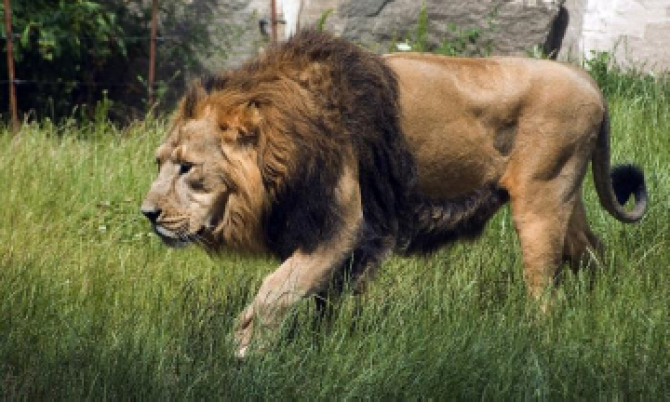Thesis subject
Evolutionary adaptation of Akkermansia species within the mammalian host
Akkermansia muciniphila is isolated from human intestine and is universally distributed among the intestines of animals ranging from mammals, domesticated and wild, to non-mammals such as zebra fish, chickens and Burmese pythons.
The abundance and distribution of Akkermansia spp. along these animals suggests co-evolution with their host and therefore a potential functionality in the GI tract. It is expected that Akkermansia spp. have adapted to their host GI tract anatomy and host diet, i.e. to their host phylogeny.

Aim
The aim of this study is to isolate and characterize new mammal Akkermansia spp. to obtain insights into the co-evolution of mammals with one of their potential symbionts.
Techniques and Methods
- Isolation of Akkermansia from mammalian faecal sample
- Cultivation of anaerobes
- 16S rRNA gene sequencing
- Substrate screening of new isolates
- Antibiotic resistance of new isolates
- Molecular techniques (DNA fingerprinting, Isolation of HMW gDNA)
More information
Project for MSc students with interest in Gut Microbiology
Supervisor: Janneke Ouwerkerk
Contact info: janneke.ouwerkerk@wur.nl
Tel: 0317 - 484659
Laboratory of Microbiology
Microbiology building, room k 0.025
Duration: 5-6.5 months
Credits: 39 (max.)
This project is mainly designed for an MSc thesis (6-9 months), yet it is possible to have a shorter term project. Please do not hesitate to contact me for further information.